Congestive heart failure (CHF) is one of many forms of heart condition that involves the accumulation of fluid in the body, resulting in persistent symptoms.
Heart failure is a dangerous disease. It may result from many conditions, not only those of the cardiovascular system. Its essence is the insufficient force of the heart and, therefore, insufficient blood supply to the entire body.
The heart is an organ that contracts 60 to 80 times every minute. The total blood volume in the human body flows through it in just one minute. The heart must work effectively and efficiently to meet the body's needs. The constant flow of blood through the blood vessels causes it to reach every living cell, supply them with oxygen and nutrients, and remove harmful metabolic products.
This process may be impaired. Then, the heart's function becomes less effective, and the entire body's functioning becomes impaired, too.
Doctors divide forms of heart failure into acute![]() and chronic
and chronic![]() , depending on the time in which the disease develops, and diastolic
, depending on the time in which the disease develops, and diastolic![]() and systolic
and systolic![]() or right
or right![]() and left ventricular
and left ventricular![]() . The second division depends on the primary location of the abnormality (right or left part of the heart).
. The second division depends on the primary location of the abnormality (right or left part of the heart).
The diagnosis is principally based on echocardiography and an ejection fraction reduction. Many drugs, including angiotensin-converting enzyme blockers, are available for treatment. It is particularly significant to treat the cause of congestive heart failure![]() with an appropriate amount of exercise and a proper diet. The final method of treating very advanced heart failure is transplantation.
with an appropriate amount of exercise and a proper diet. The final method of treating very advanced heart failure is transplantation.

There are many causes![]() for the development of congestive heart failure. The most common are:
for the development of congestive heart failure. The most common are:
It also happens that they lead to:
All of the conditions mentioned reduce heart muscle efficiency by directly damaging it or forcing it to work excessively—too fast or too intensely.
Typical symptoms![]() (meaning those perceived by the patient) include:
(meaning those perceived by the patient) include:
Some people may experience:
Physical symptoms![]() that are detected by the doctor when examining the patient include:
that are detected by the doctor when examining the patient include:
The congestive heart failure symptoms can appear unnoticed and progress slowly (chronic heart failure) or appear suddenly and progress rapidly (acute heart failure). Moreover, symptoms may not occur in the early stages of the disease.
It is good to know that the NYHA classification![]() is commonly used to assess the cardiovascular capacity of patients with heart failure. The specialists categorized the patients based on fatigue, shortness of breath, and palpitations occurrence in connection with physical exercise.
is commonly used to assess the cardiovascular capacity of patients with heart failure. The specialists categorized the patients based on fatigue, shortness of breath, and palpitations occurrence in connection with physical exercise.
If you experience symptoms that may indicate congestive heart failure, you should see a primary care physician who will assess whether further diagnostics are needed and direct them.
Rapidly appearing symptoms of congestive heart failure or a sudden significant deterioration of symptoms in a person diagnosed with heart failure are life-threatening and require immediate medical attention. In circumstances like that you should immediately call an ambulance.
In the case of patients reporting symptoms of congestive heart failure, the doctor first assesses the likelihood of the disease based on an interview regarding the presence of diseases and conditions that may cause heart failure. The specialist then examines the patient, looking for signs and symptoms typical of congestive heart failure. As part of the initial diagnosis![]() , the doctor also performs an ECG and measures blood pressure.
, the doctor also performs an ECG and measures blood pressure.
If the doctor does not find any abnormalities in the above tests, congestive heart failure is very unlikely, and another diagnosis responsible for the patient's symptoms should be considered.

If the specialist finds abnormalities in at least one test, the doctor extends the diagnostics to include an echocardiogram. This procedure is the most useful and widely available test in cases of suspected congestive heart failure. It allows for direct assessment of the heart parameters, e.g., the heart chambers' volume, the ventricles' function, the heart walls' thickness, and the presence of pulmonary hypertension. This information is crucial when making a diagnosis and implementing appropriate treatment.
As an alternative to echocardiography![]() , the blood test can be assessed (especially the concentration of plasma natriuretic peptides). Patients with values below the cut-off point for significant cardiac dysfunction are unlikely to have heart failure and do not require further evaluation. However, an increased concentration of natriuretic peptides requires verification by echocardiography because their increase does not necessarily mean that the patient has congestive heart failure.
, the blood test can be assessed (especially the concentration of plasma natriuretic peptides). Patients with values below the cut-off point for significant cardiac dysfunction are unlikely to have heart failure and do not require further evaluation. However, an increased concentration of natriuretic peptides requires verification by echocardiography because their increase does not necessarily mean that the patient has congestive heart failure.
Data from a thorough clinical examination and the tests listed above enable initial diagnosis and treatment planning for patients.
Additional diagnostic tests performed when there are doubts about the diagnosis or an unusual cause is suspected include:
The specialists divide treatment of congestive heart failure![]() into the so-called symptomatic and casual treatment.
into the so-called symptomatic and casual treatment.
The first one's aim is to remove excess body water. It can be accomplished by taking diuretics. The second main goal is to improve the strength of contraction and the ability to relax the heart and normalize the heart rhythm. It is achieved by using, among others, drugs from the group of β-blockers, digitalis glycosides, converting enzyme inhibitors, and aldosterone receptor blockers. It is also necessary to properly treat comorbidities.
Causal treatment aims to remove the factors causing heart dysfunction. That being said, it includes, among others, surgical correction of anatomical and valvular defects, removal of foci causing cardiac arrhythmias, and all revascularization techniques, i.e., restoring and proper blood supply to the heart during coronary heart disease.
Lifestyle is essential in the treatment of congestive heart failure. Taking medications alone, without following medical recommendations, especially regarding diet, is not enough.
The most significant elements of non-pharmacological treatment![]() are:
are:
In addition, education of the patient and their family is essential. Education should be provided by a group of people caring for the patient (including a doctor, nurse, cardiac rehabilitation specialist, and psychologist). The importance of these simple actions is enormous. The patient's discipline and compliance with the above recommendations enable efficient functioning and reduce the occurrence of ailments.
There is no cure for the disease, but early detection and treatment can help increase life expectancy. Following a treatment plan that includes lifestyle changes can help improve one's quality of life. Risk factors such as obesity, high blood pressure, and poor diet can negatively impact a person's prospects.
Drug therapy should be initiated immediately after diagnosis in patients with congestive heart failure. Pharmacological treatment![]() of the disease involves as much modification as possible of the harmful neurohormonal activation accompanying heart failure. To achieve this, a combination treatment with many drugs whose actions complement each other is necessary. There is strong evidence that such treatment reduces mortality, hospitalization rates, and the severity of clinical symptoms.
of the disease involves as much modification as possible of the harmful neurohormonal activation accompanying heart failure. To achieve this, a combination treatment with many drugs whose actions complement each other is necessary. There is strong evidence that such treatment reduces mortality, hospitalization rates, and the severity of clinical symptoms.
The mainstay of congestive heart failure treatment is three groups of drugs: angiotensin-converting enzyme inhibitors (ACEIs), β-blockers, and aldosterone antagonists (aldosterone receptor blockers). In patients with symptoms of fluid overload, the specialist may use diuretics in combination with the above drugs. Other medications used in heart failure for additional indications include angiotensin receptor antagonists (ARBs), neprilysin inhibitors (ARNIs), ivabradine, and digitalis glycosides.
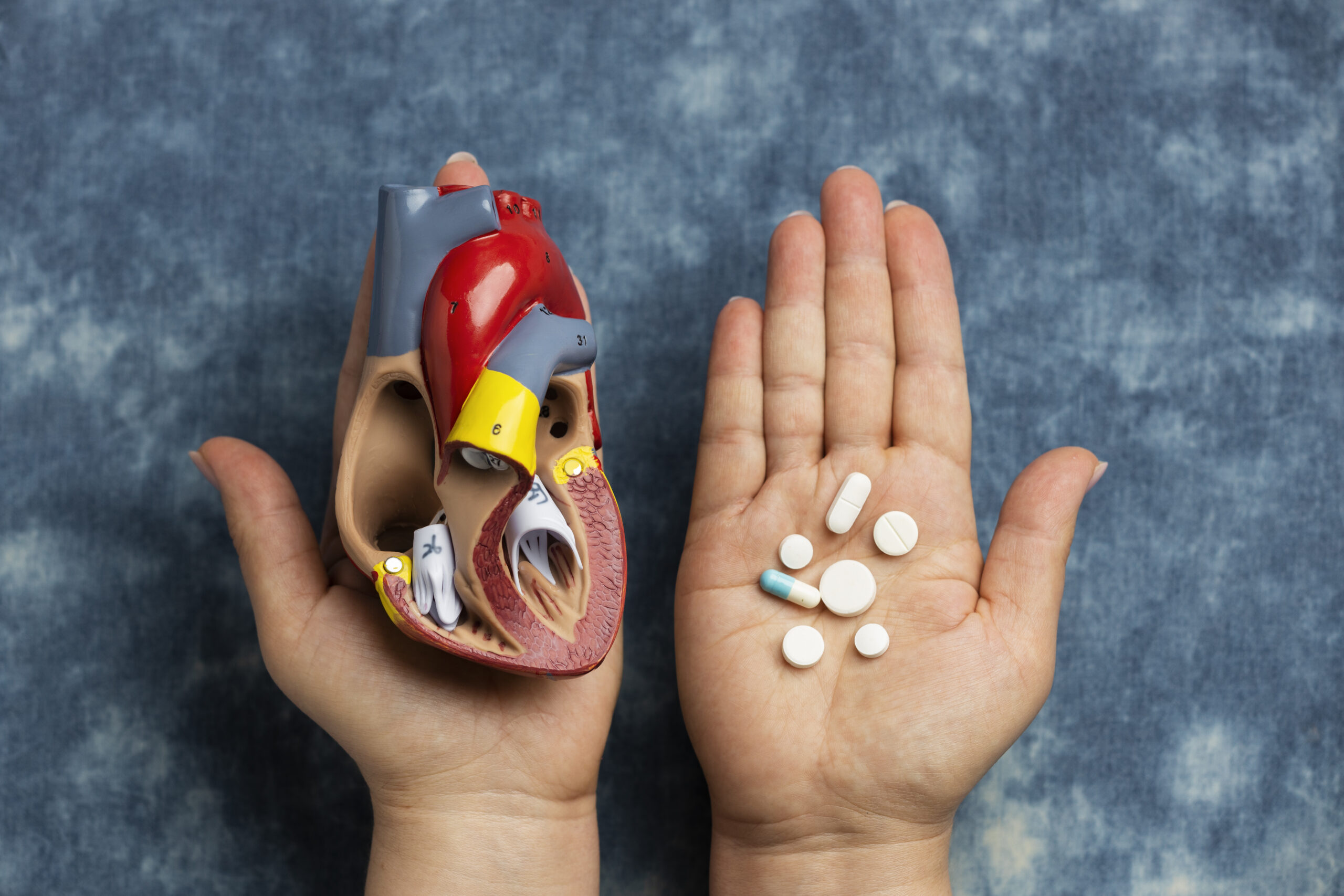
In some patients, the specialists may decide to do surgery![]() . Resynchronization therapy involves implanting electrodes into the heart, which, thanks to electrical discharges, stimulate the functioning of the heart ventricles and improve their function, reduce the severity of symptoms, improve the quality of life, and reduce congestive heart failure. Another helpful device is a cardioverter-defibrillator. It restores normal heart function in the event of serious arrhythmias, especially if they threaten cardiac arrest and the patient's death.
. Resynchronization therapy involves implanting electrodes into the heart, which, thanks to electrical discharges, stimulate the functioning of the heart ventricles and improve their function, reduce the severity of symptoms, improve the quality of life, and reduce congestive heart failure. Another helpful device is a cardioverter-defibrillator. It restores normal heart function in the event of serious arrhythmias, especially if they threaten cardiac arrest and the patient's death.
In extreme cases of heart failure, the only causal treatment is surgical treatment consisting of heart transplantation from a donor. Heart transplantation is performed in patients with generally good health, whose life expectancy after transplantation is relatively long, and the risk of perioperative complications is low. Transplantation is associated with a risk of death, which is related to the possibility of infection, rejection, or failure of the transplanted heart. However, if it is successful, it ensures much longer survival, a better quality of life for the patient, and sometimes even a return to professional activity.
Treatment of acute heart failure focuses on maintaining vital functions and preventing permanent changes in the patient's fundamental organs. In addition to drugs used in chronic heart failure, painkillers and sedatives, oxygen, breathing support, and, if necessary, resuscitation and cardiac electrostimulation are used.
The point at which congestive heart failure reaches its final stage, requiring a primary focus on improving quality of life, is usually challenging to determine. The focus should then be on the control of clinical symptoms and early detection and treatment of episodes of deterioration of the patient's clinical condition. In caring for patients at the end of life, cooperation between the heart failure treatment team, primary care physicians, and palliative care specialists is crucial. Such cooperation enables a holistic approach to patient care, taking into account his physical and spiritual well-being.
Congestive heart failure is preventable. One of the ways is to prevent and control diseases that may lead to it, such as coronary heart disease, hypertension, diabetes, and obesity.
Therefore, the key to prevention![]() are:
are:
Treatment of already diagnosed heart failure is extremely important. This disease, if diagnosed early enough, allows for outpatient treatment without the need for hospitalization.
Table of Contents
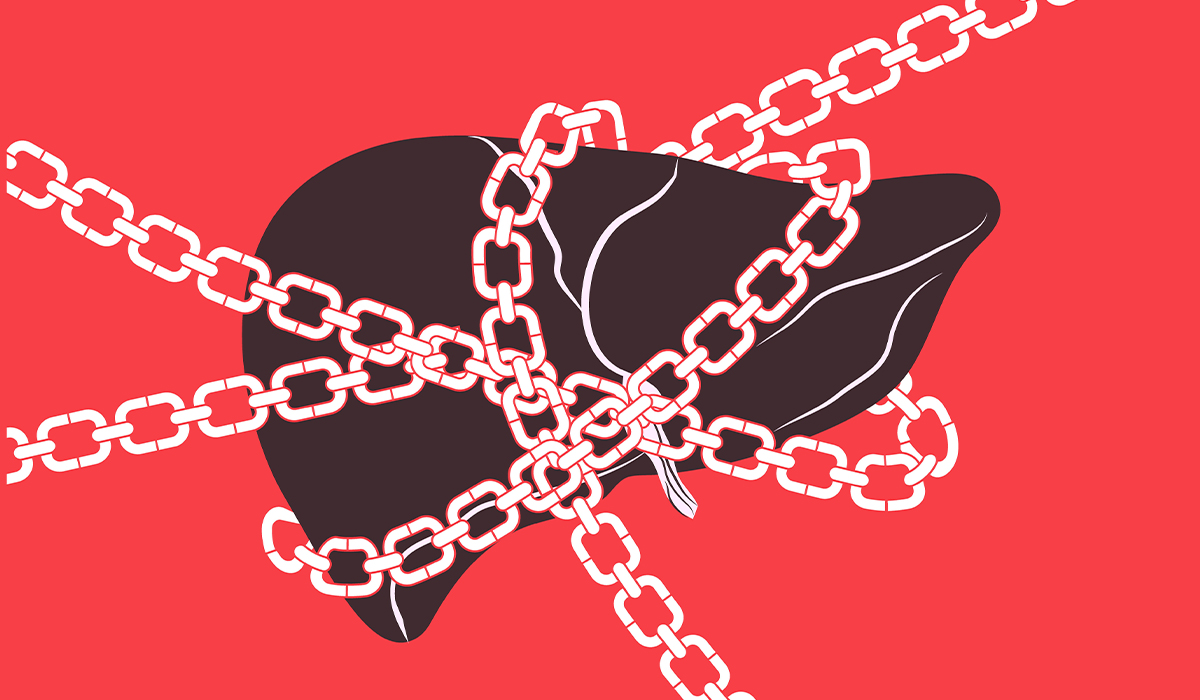
Failure of the liver is a grave wellbeing issue in which the liver doesn't work accurately. The liver is a… read more »
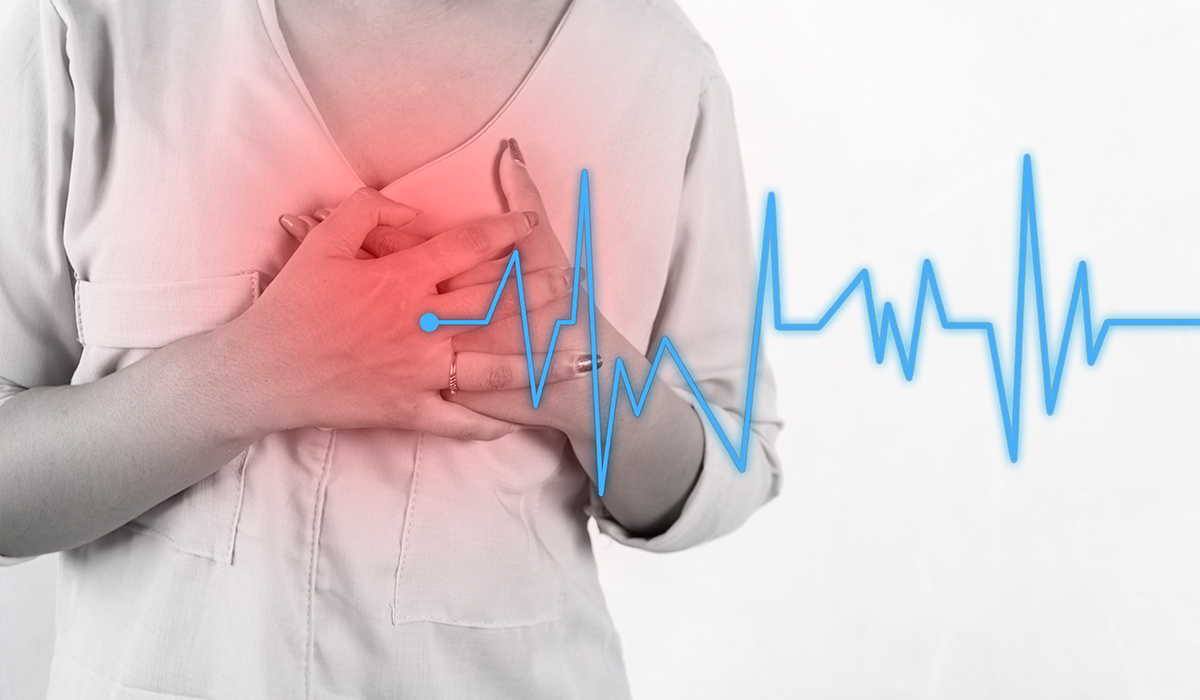
Myocardial infarction is one of the most common causes of death. The main symptom of a heart attack is chest… read more »
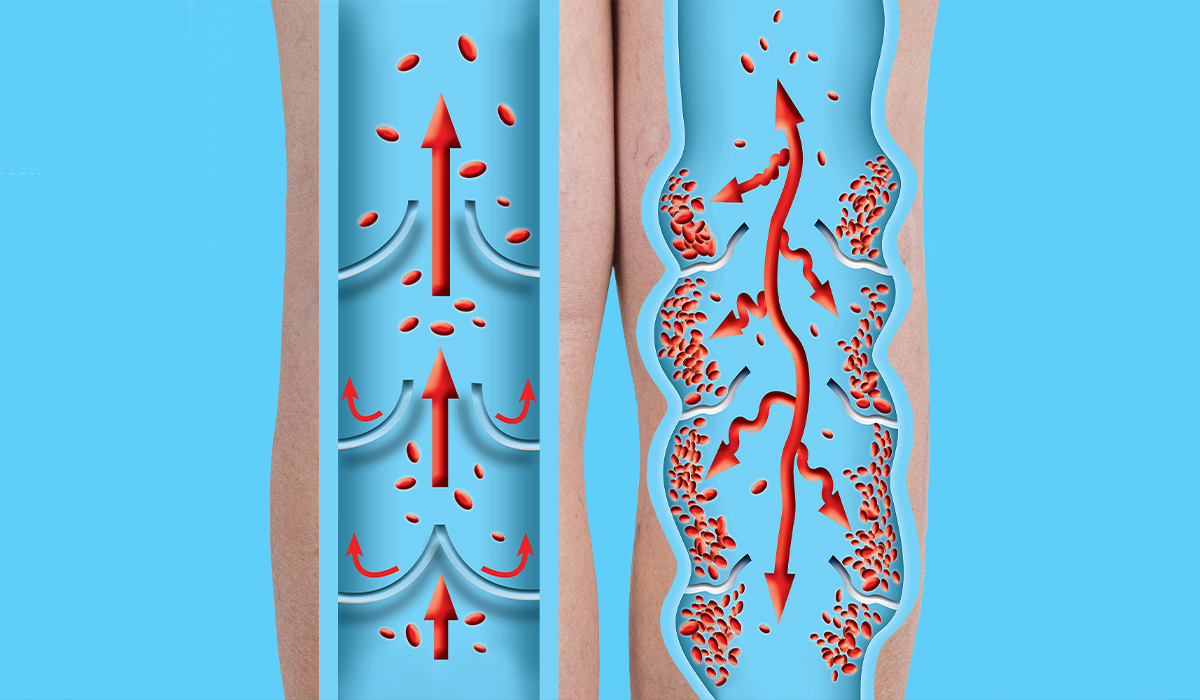
Do you know what are the symptoms of edema? How is it treated? Do you need a special diet if… read more »
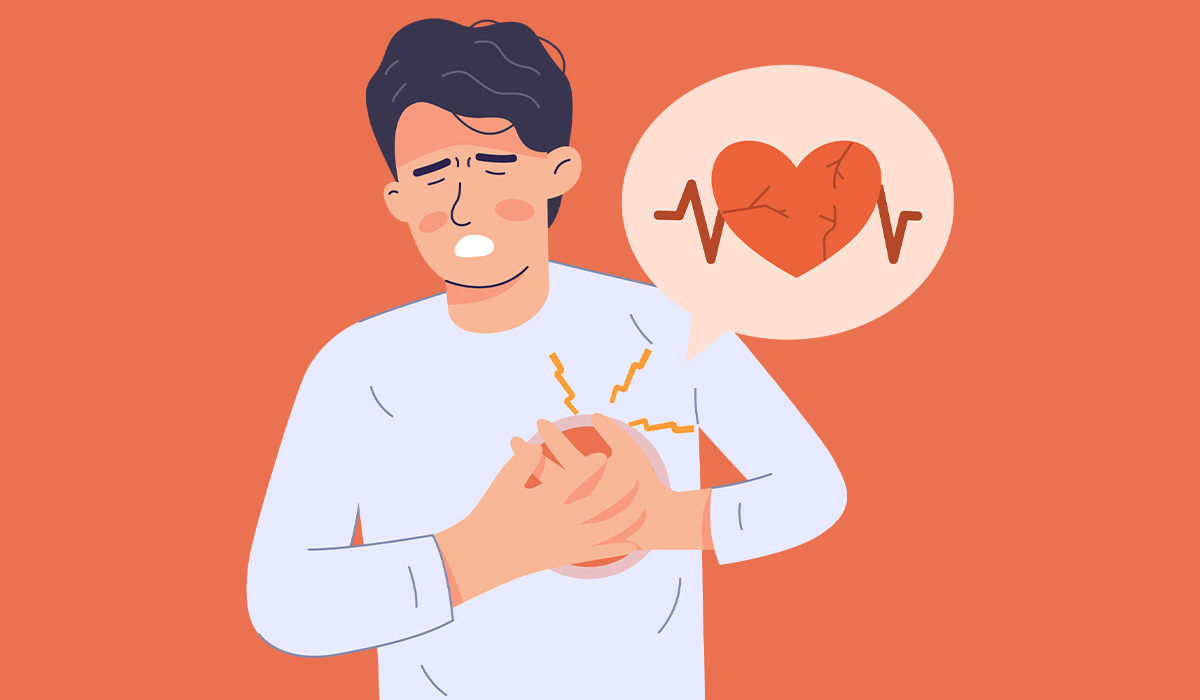
Heart disease can have many causes. There are many factors that increase your risk. Learn more about how you can… read more »
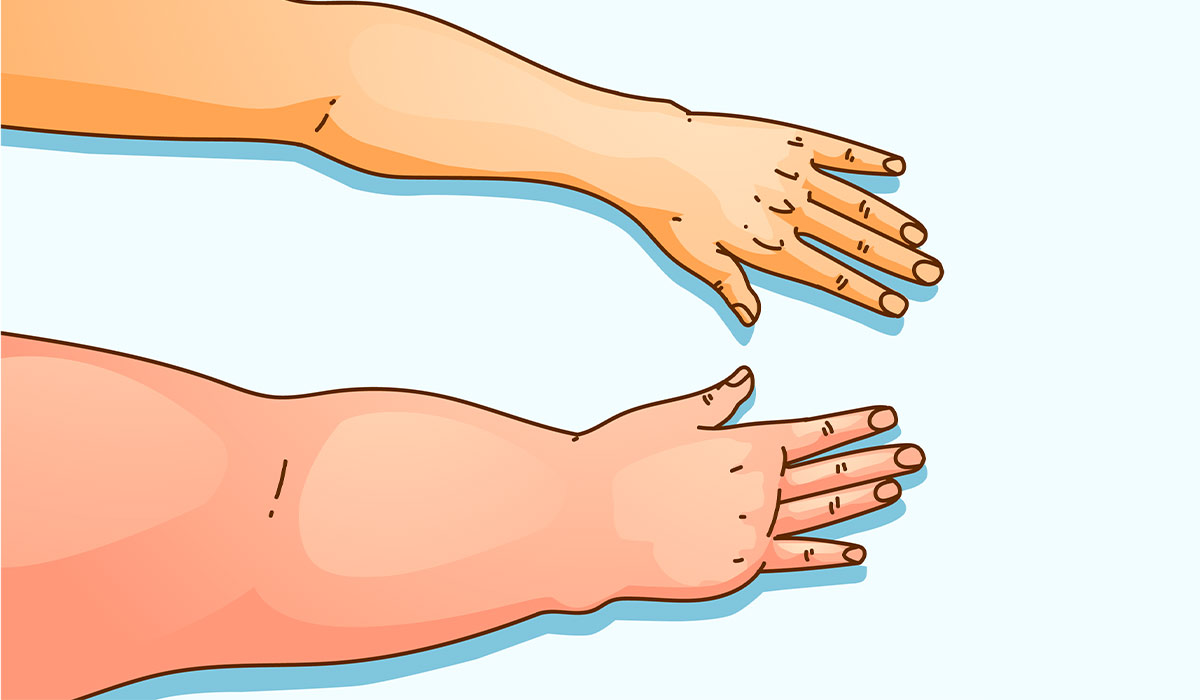
Lymphedema is swelling caused by non-physiological lymphatic stasis. What are its causes? What is the diagnosis and treatment of lymphedema? read more »
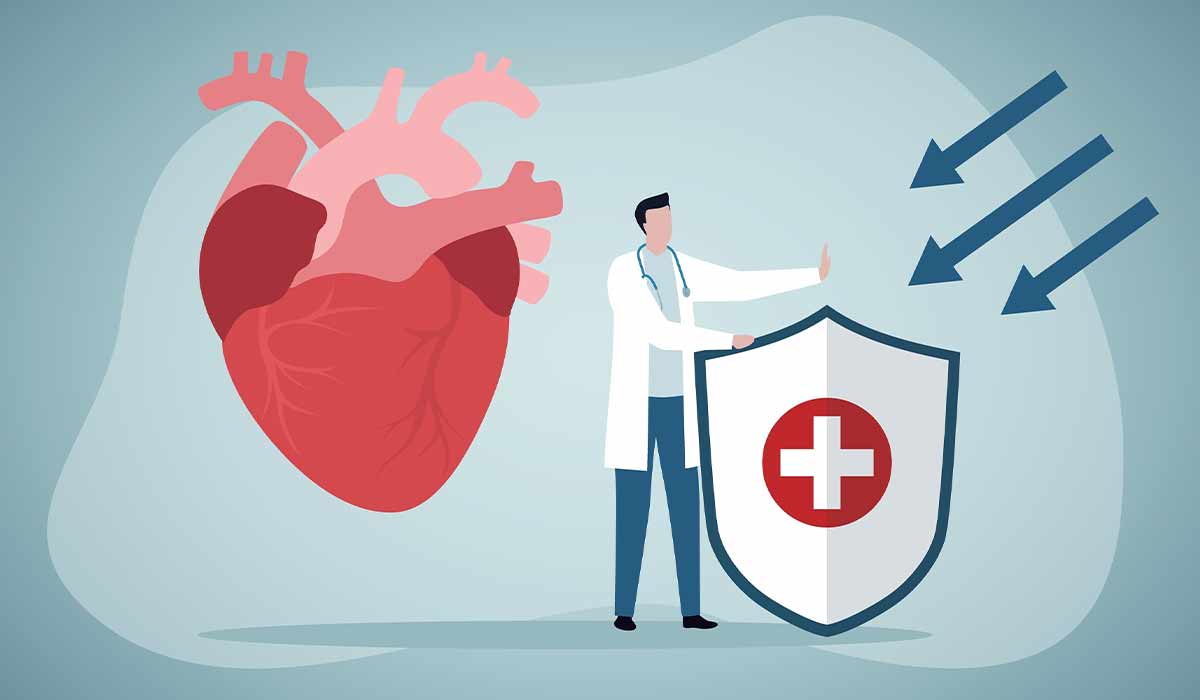
Myocarditis is a disease that reduces the ability of this organ to pump blood. What are the symptoms? What is… read more »
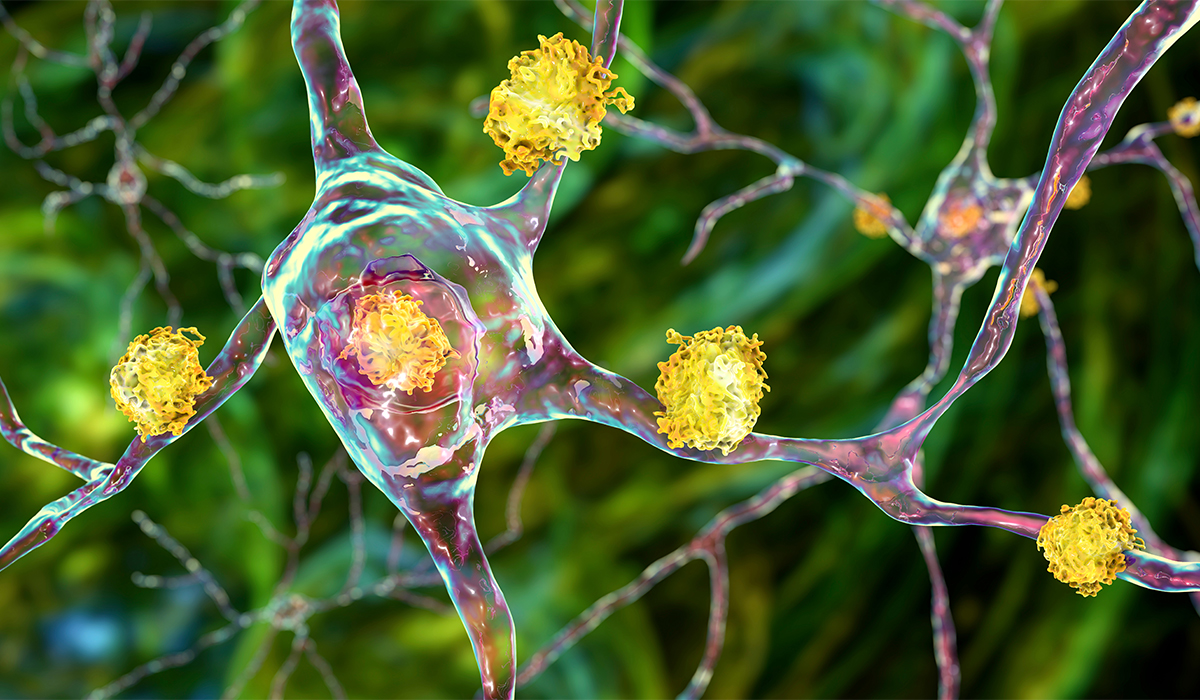
Huntington's disease is genetically determined. No effective cure has yet been developed, but research into modern treatments is ongoing. Learn… read more »

Influenza is a viral infection that can lead to severe and life-threatening complications. It can be confused with a common… read more »
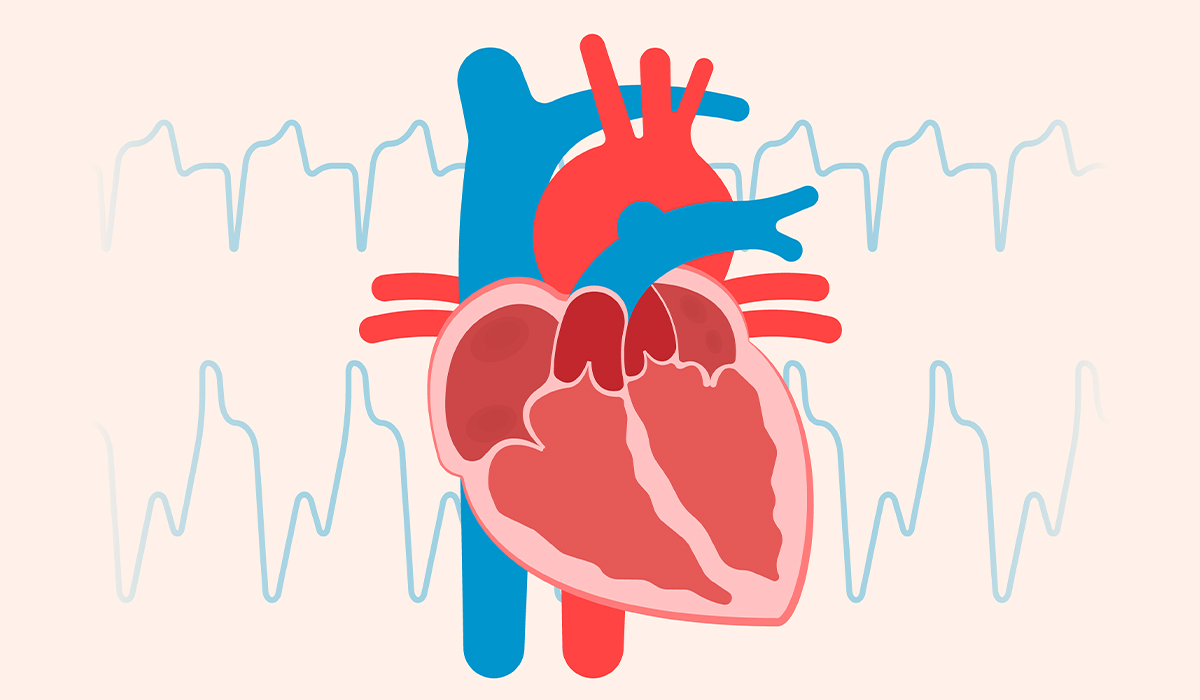
Cardiomyopathy refers to an abnormality in the heart muscle. There are various types and causes of cardiomyopathy. Learn about the… read more »